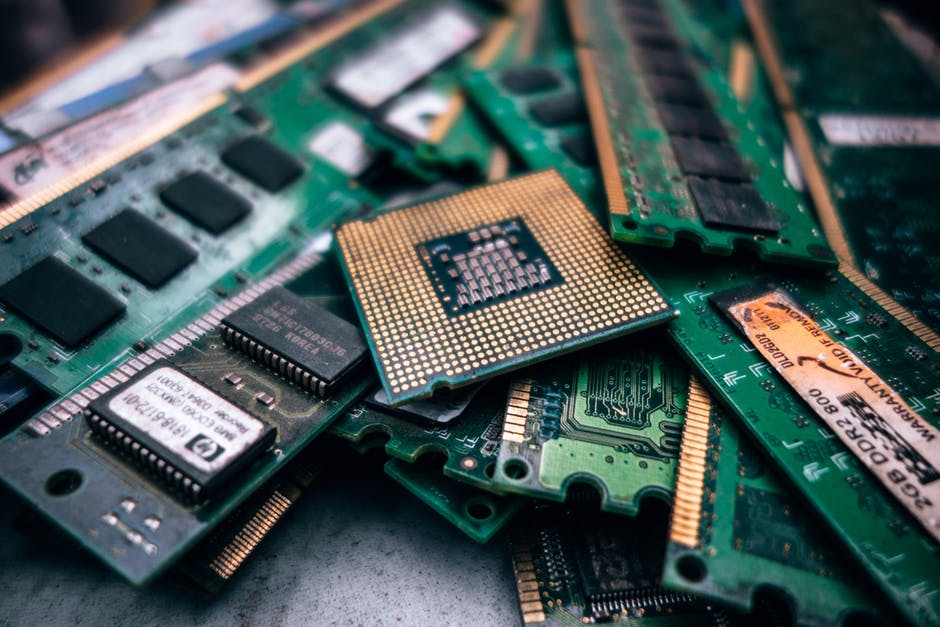With data being one of the greatest commodities for a business to trade on, it’s important for organisations to understand the movements and productivity of their workers. However, is a microchip a step too far?
It sounded like an Orwellian nightmare. The Telegraph was the first to announce recently that Swedish firm Biohax was in talks with several UK firms about implanting staff with microchips, which would allow them to enter and exit the workplace with a swipe of their hand – all in the name of heightened security and preventing employees accessing sensitive areas.
Unsurprisingly the news caused quite a stir. Trade unions sounded alarm bells about the ethical risks of monitoring employee whereabouts and productivity, as reported by Rachel Sharp from HR Magazine.
Could the Big Brother scenario be justified, or is it the next logical step to safeguarding employees and enhancing their workplace experience? BioTeq, a UK-based firm has already fitted 150 implants in the UK, mainly into start-ups but this is causing an ethical nightmare for most employers.
“Similar to cat and dog microchips that have been around for a long time,” said Steven Northam, company director at BioTeq, the same technology that’s used in key cards, passports and bank cards. Microchipping improves the employee experience by making checking in and out of work easier.
“For able-bodied people, it increases convenience but for disabled people, it means they can access their homes or offices more easily,” he continued. “There’s no reason why your hand couldn’t be your wallet, keys and passport all in one.”
Northam believes that another draw is keeping employees safe by prohibiting unauthorised individuals from entering the workplace: “It’s hard to lose your hand but not hard to lose your keys or ID, so this is the ultimate security.”
But the ethical concerns far outweigh the benefits at this point in time, Matt Creagh, employment rights policy officer at TUC, explained: “Microchipping is the most extreme form of employee surveillance I’ve heard of. The real problem is it could be used to store lots more data other than key codes and employees won’t know how the employer intends to use the data.”
“One day you could go to work and use it to open the door, and two months later you could get an email from your boss showing you a ream of data that they’ve collected on you without you knowing.
“If you’ve got covert surveillance it could be used to track personal emails and monitor time away from desk – we’ve seen examples where technology is already used to track when people go to the toilet, their speed of typing, their social media… And we’ve seen facial recognition software that checks if employees look happy to be at work.”
Creagh shared a particularly sinister example of surveillance technology being misused: “A colleague and line manager had been in a relationship, and in the evening the manager was using tracking software to find out where the employee was.”
According to Jowan Österlund, founder of Biohax people’s worst fears on this aren’t grounded in reality: “In every movie where an implant is involved it is either polonium, a GPS tracker, or it’s an explosive device.”
Whereas this is a passive chip, he shared Just because the token for identification changes and it’s embeddable doesn’t mean you’re more prone to getting tracked. If an employer wants to track people it already can.
“The key right is the right to respect one’s private life in the European Convention on Human Rights,” said Caroline Denbow, employment solicitor and director of legal compliance at Loch Employment Law.
“Private life includes personal breaks during the working day. So if the functionality of the chip enables monitoring that could be a breach of that.”
The GDPR also needs to be considered: “You’d have to conduct a data protection impact assessment to assess the proportionality, compliance and necessity of the tech and identify the risk to individuals.”
Microchipping would also have to be consensual, meaning there would need to be a consultation process for employees and transparency around the use of any data.
Denbow continues: “This is an invasion of the physical body and there’s all sorts of technology available instead, so I don’t think you could force consent through consultation – there would be claims for unfair dismissal.”
Whether you believe that microchipping is safe or an invasion of privacy, there is good evidence to believe that it very well might be the future standard. Would you be willing to get microchipped for your job? Have your say on our Twitter poll here.










